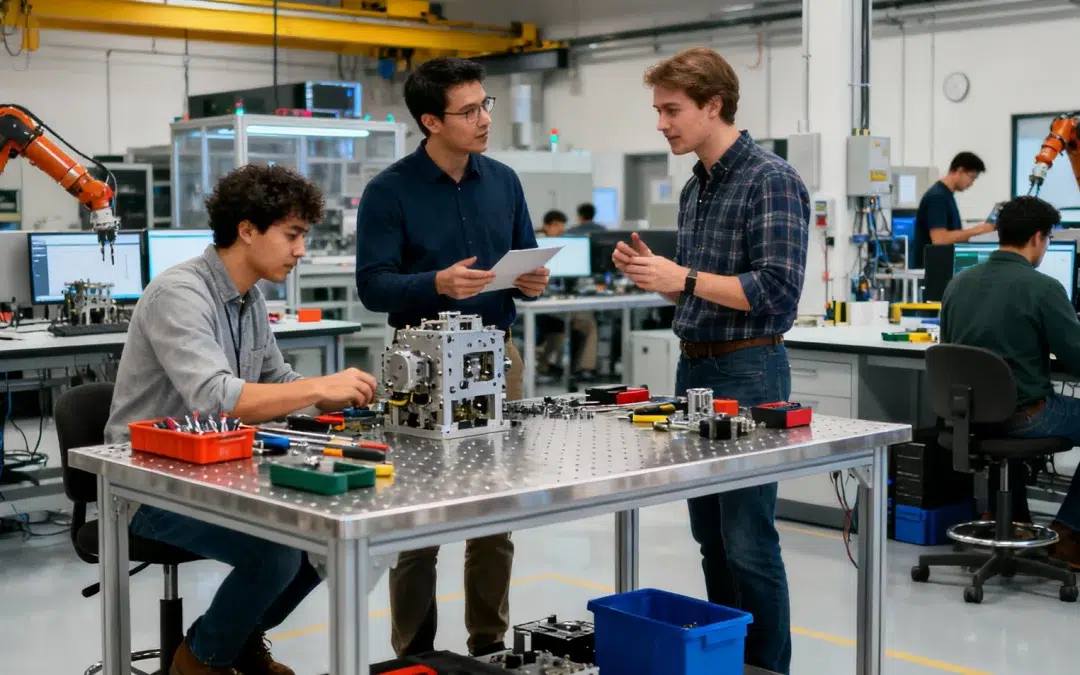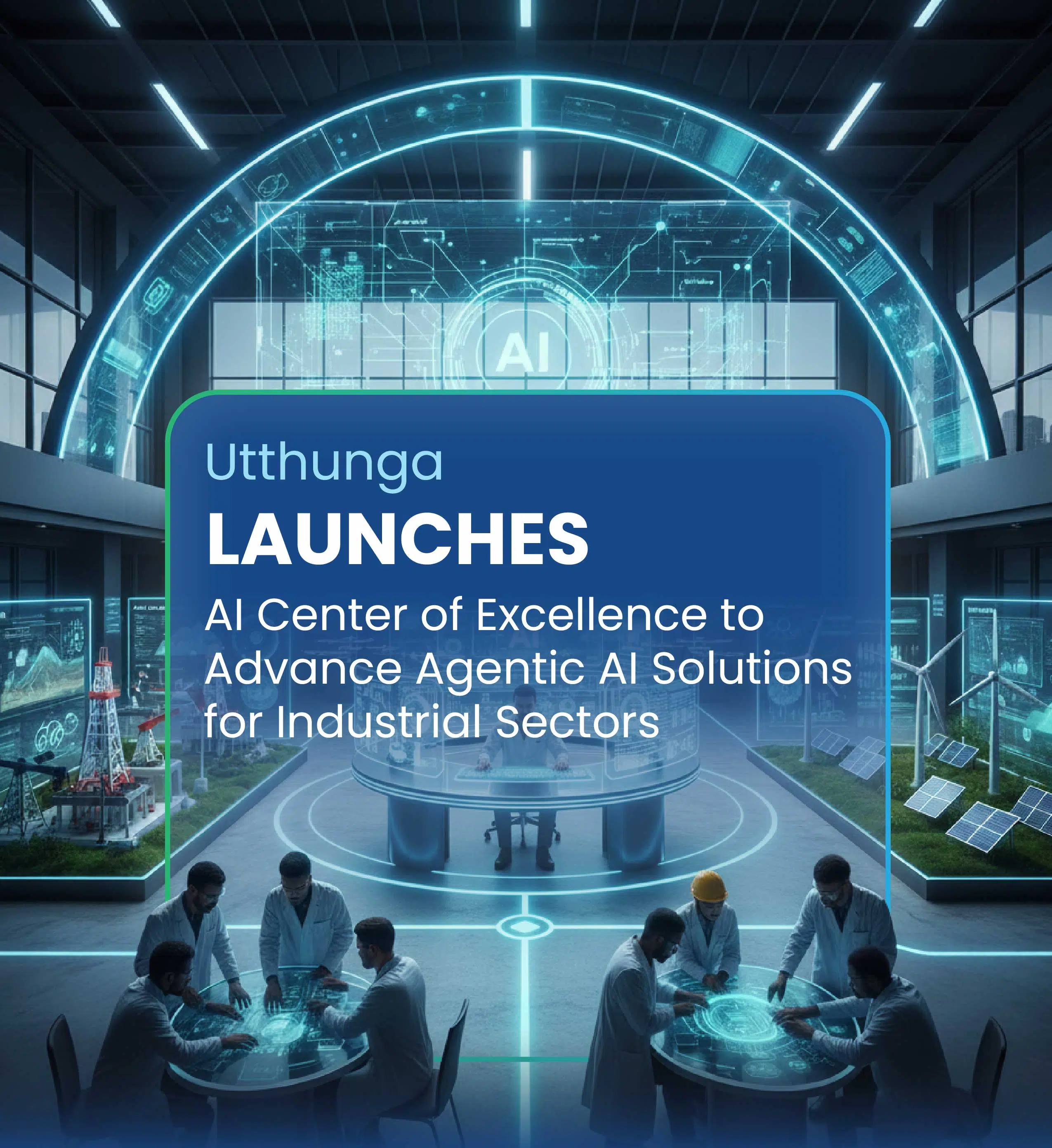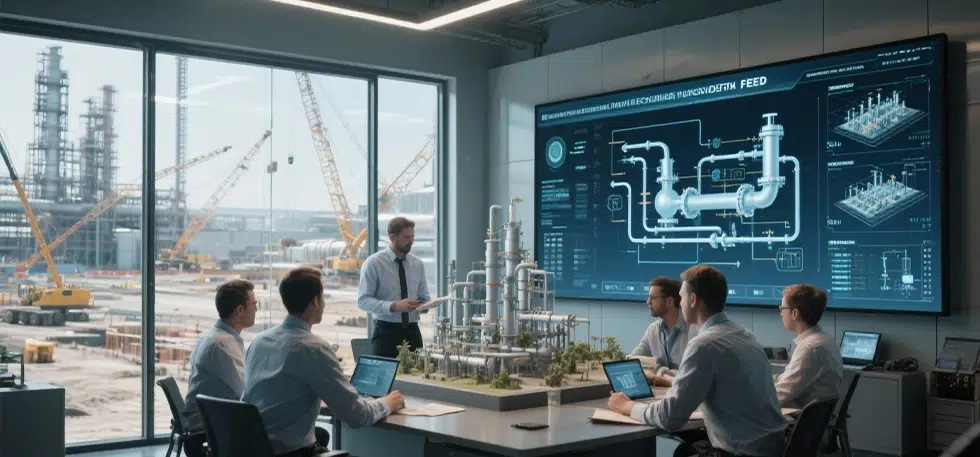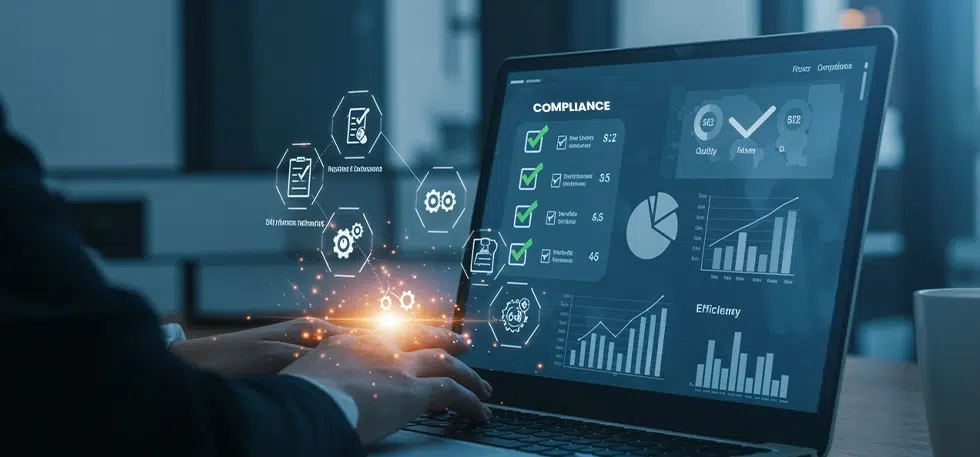
Why a One-Stop Shop is the New Strategy for Complex Industrial Product Development
Snippet
Over 60% of industrial IoT projects fail to scale—not due to technology, but fragmented execution. When hardware, firmware, software, cloud, and manufacturing are managed by separate vendors, integration friction and lost context slow innovation. A one-stop shop unifies all disciplines under a single accountable team, ensuring coherent, deterministic, and scalable product development. This approach accelerates deployment, improves asset reliability, and enables end-to-end sensor-to-cloud transformation. With 18+ years of industrial engineering experience and 600+ successful programs, Utthunga delivers what fragmented models cannot, making complex product development seamless.
Yet, behind this transformation lies a quiet struggle. Many equipment manufacturing companies still juggle separate vendors for hardware, firmware, software, cloud, and mechanical design. What looks agile on paper often collapses under the weight of misaligned objectives, integration delays, and spiraling costs. The result? Innovation stalls before it ever hits the shop floor.
Utthunga doesn’t just pick one slice of the process—it takes on the entire journey: designing, engineering, deploying, servicing, and continuously evolving products across hardware, firmware, software, cloud, manufacturing, and field lifecycle.
About 60% of industrial IoT projects fail to scale beyond pilot phase, largely due to integration issues between hardware, firmware, and software layers. (Source: IDC, IndustryWeek)
What A One-Stop Shop Model Entails
On average, multi-vendor engineering programs experience 20–30% longer time-to-market due to misaligned hand-offs and rework cycles. (Engineering.com Survey)
Utthunga embodies this integrated approach—not as a collection of services, but as a unified engineering ecosystem that connects every discipline required to take an industrial product from concept to continuity.
As an example, here’s how that end-to-end capability plays out—illustrated through the oil & gas domain, though equally applicable across other industrial sectors.
- Ideation & Advisory: Early-stage consulting to define field instrumentation and monitoring requirements, environmental constraints, safety certifications, and communication protocols.
- Design & Development: Integrated teams covering hardware (rugged sensor and controller design), firmware (embedded communication stacks, diagnostic logic), software (edge analytics, remote dashboards), and mechanical design (enclosures, fixtures, heat dissipation).
- Software & Digital Layer: Engineering the digital backbone — from SCADA and DCS integration to IoT-based condition monitoring and predictive analytics — ensuring the product fits seamlessly into existing industrial automation ecosystems.
- Manufacturing & Scale: Designing for manufacturability, creating production tooling, and aligning with suppliers to ensure repeatable quality and compliance in hazardous-area manufacturing.
- Testing, Certification & Deployment: Rigorous validation under simulated field conditions for vibration, temperature, humidity, and EMC; compliance with IECEx, ATEX, and cybersecurity standards.
- Lifecycle & Service: Post-deployment support including firmware upgrades, obsolescence management, and service-engineering to keep field devices reliable and secure across years of operation.
Tangible Benefits of a One-Shop Model
Faster Time-to-Field
Improved Asset Reliability and Uptime
Assured Safety and Compliance
Lower Total Cost of Ownership (TCO)
Accelerated Digital Transformation
Long-Term Sustainability and Adaptability
Utthunga engineered a high-availability analog-output module (PROFINET-enabled, SIL3-compliant) for a global semiconductor manufacturer—managing hardware, firmware, and validation in a single engineering stream.
The unified approach reduced design iterations and ensured faster certification—proof of how end-to-end ownership streamlines complex industrial product development.
Read Case Study
Why Utthunga Delivers What Fragmented Models Cannot
Its integrated engineering ecosystem eliminates the silos that once slowed innovation—uniting hardware, firmware, software, mechanical, manufacturing, and lifecycle disciplines under one roof.
This cohesion enables Utthunga to deliver meaningful outcomes that fragmented vendor models often fail to achieve faster time-to-market, improved uptime, assured compliance, and a lower total cost of ownership.
Here’s how that capability translates across industries—from oil & gas and chemicals to manufacturing, metals & mining, pharmaceuticals, energy, and utilities.
End-to-End Engineering Under One Roof
Proven Cross-Industry and Domain Expertise
Its expertise spans diverse verticals: rugged field instrumentation for oil & gas, high-speed automation in manufacturing, validated instrumentation in pharma, and digitalized systems in energy and utilities.
This breadth ensures a deep understanding of harsh environments, compliance regimes, uptime expectations, and integration complexity across industrial domains.
Bridging IT, OT & ET—From Sensor to Cloud
Full Lifecycle Ownership and Long-Term Value
Accelerators and Frameworks that Drive Speed
Global Reach with Local Depth
A Culture Rooted in Engineering Excellence
Conclusion
The one-stop product engineering services model offers a clear path forward: unified teams, faster execution, and predictable outcomes. Utthunga exemplifies this transformation through its integrated ecosystem of hardware, firmware, software, mechanical, and digital engineering expertise—bridging the physical and digital worlds from sensor to cloud.
Talk to our experts to know more about our services.




